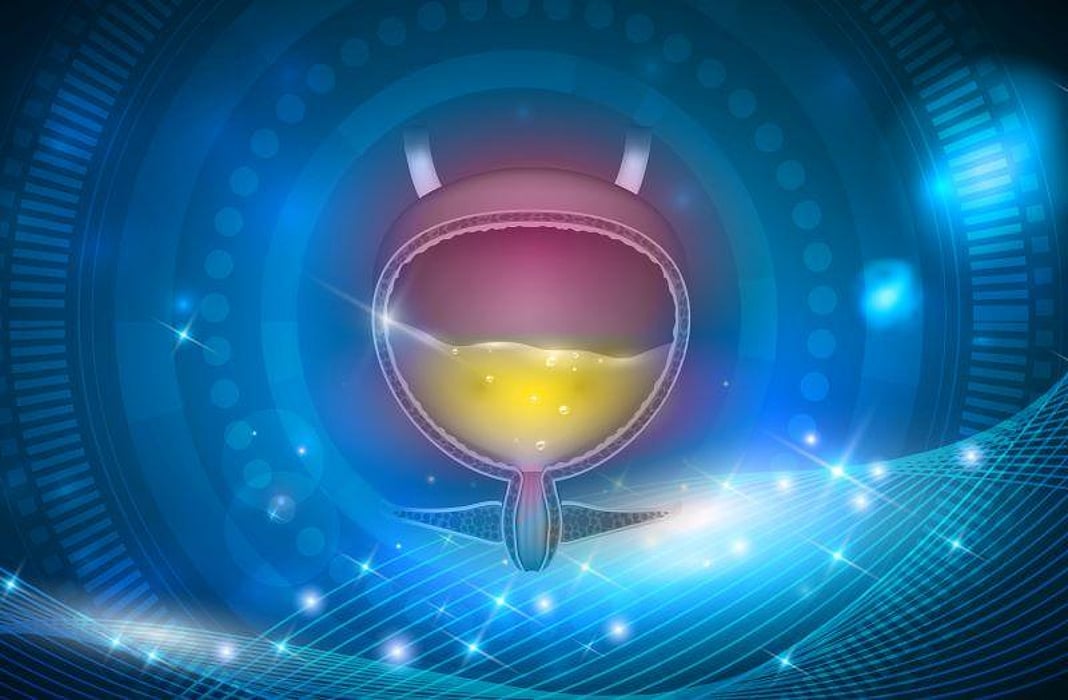FDA Approves Gene Therapy for Tough-to-Treat Bladder Cancer

MONDAY, Dec. 19, 2022 (HealthDay News) -- The U.S. Food and Drug Administration on Friday approved a gene therapy called Adstiladrin (nadofaragene firadenovec-vncg), which is designed to work for patients with high-risk non-muscle-invasive bladder cancer (NMIBC) that has not responded to the standard treatment, Bacillus Calmette-Guérin (BCG), but has not spread.
"This approval provides health care professionals with an innovative treatment option for patients with high-risk NMIBC that is unresponsive to BCG therapy," Peter Marks, M.D., director of the FDA Center for Biologics Evaluation and Research, said in an agency news release. "Today's action addresses an area of critical need. The FDA remains committed to facilitating the development and approval of safe and effective cancer treatments."
FDA officials approved Adstiladrin based on a multicenter clinical study of 157 patients, 98 of whom had BCG-unresponsive disease that had not spread.
Patients received Adstiladrin into the bladder through a urinary catheter once every three months for up to 12 months or until the treatment became too toxic. About 51 percent of enrolled patients using Adstiladrin therapy had all signs of cancer disappear. Median response was 9.7 months. About 46 percent of patients who responded were in complete remission for at least one year.
The most common adverse reactions associated with Adstiladrin were bladder discharge, fatigue, bladder spasm, urinary urgency, presence of blood in urine, chills, fever, and painful urination. People who are immunosuppressed or immune-deficient should not use Adstiladrin, the FDA said.
About 57,000 men and 18,000 women are diagnosed with bladder cancer annually, according to the U.S. Centers for Disease Control and Prevention. About 12,000 men and 4,700 women die from the disease each year in the United States.
Approval of Adstiladrin was granted to Ferring Pharmaceuticals.
Related Posts
What Is the Heart-Healthy DASH Diet?
MONDAY, Jan. 16, 2023 (HealthDay News) -- A common eating plan with a catchy...
Las garrapatas son muy resistentes al tiempo inclemente
LUNES, 5 de junio de 2023 (HealthDay News) -- Las garrapatas tienen una...
Sexual Minorities Face Higher Risk for Suicide-Related Behaviors
THURSDAY, June 29, 2023 (HealthDay News) -- Gay/lesbian and bisexual individuals...
